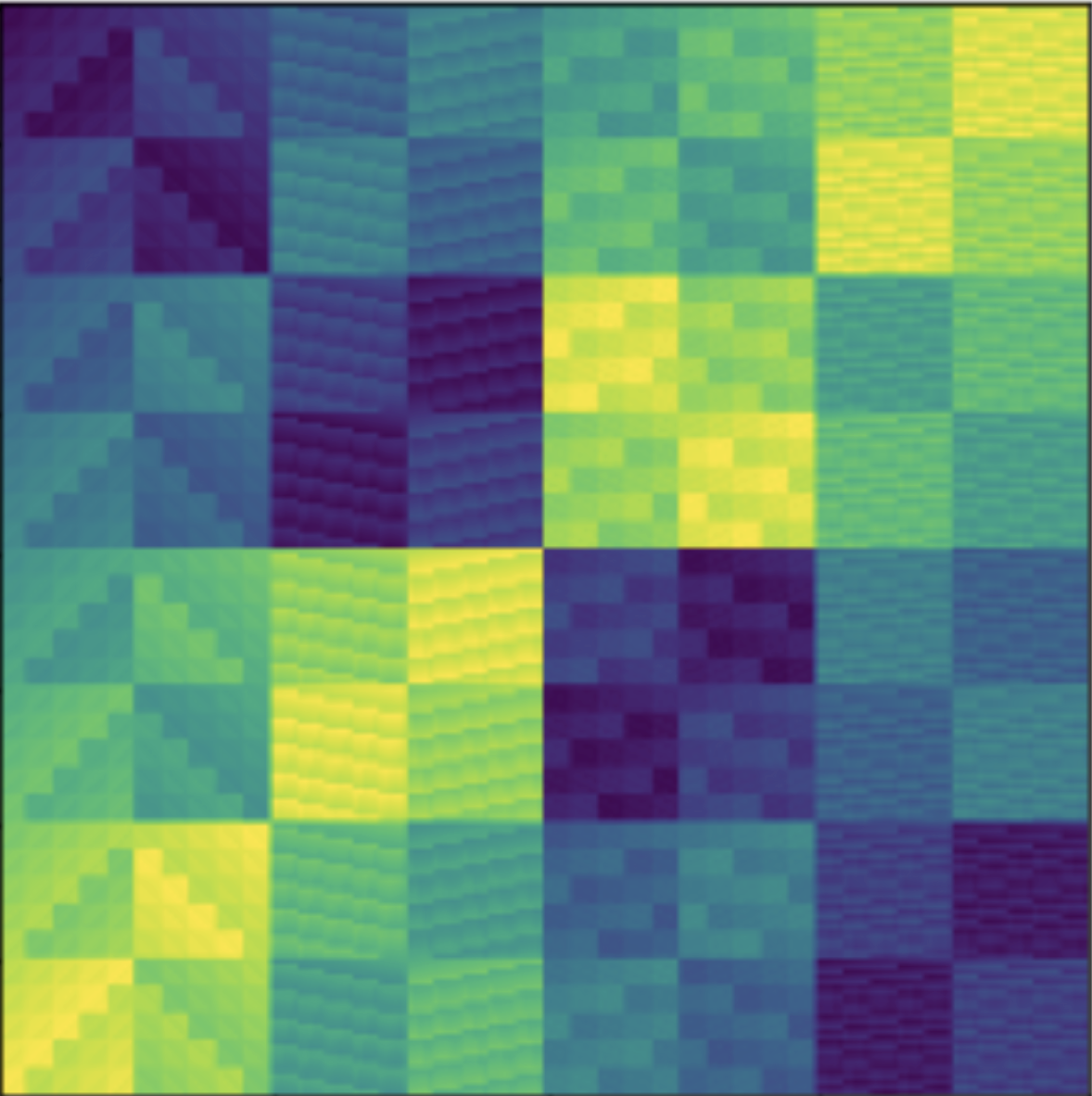Implicit Bias of Linear Equivariant Networks
Group equivariant convolutional neural networks (G-CNNs) are generalizations of convolutional neural networks (CNNs) which excel in a wide range of technical applications by explicitly encoding symmetries, such as rotations and permutations, in their architectures. Although the success of G-CNNs is driven by their \emph{explicit} symmetry bias, a recent line of work has proposed that the \emph{implicit} bias of training algorithms on particular architectures is key to understanding generalization for overparameterized neural nets. In this context, we show that $L$-layer full-width linear G-CNNs trained via gradient descent for binary classification converge to solutions with low-rank Fourier matrix coefficients, regularized by the $2/L$-Schatten matrix norm. Our work strictly generalizes previous analysis on the implicit bias of linear CNNs to linear G-CNNs over all finite groups, including the challenging setting of non-commutative groups (such as permutations), as well as band-limited G-CNNs over infinite groups. We validate our theorems via experiments on a variety of groups, and empirically explore more realistic nonlinear networks, which locally capture similar regularization patterns. Finally, we provide intuitive interpretations of our Fourier space implicit regularization results in real space via uncertainty principles.
PDF Abstract

